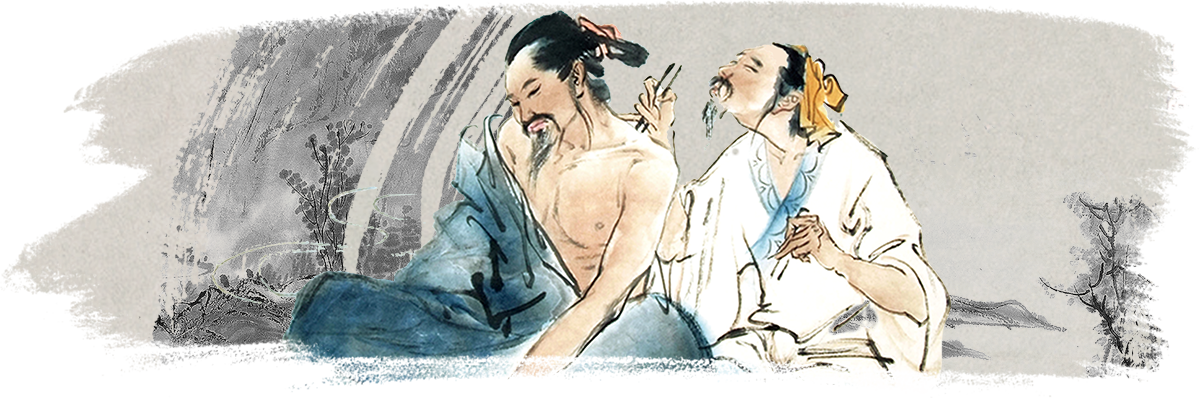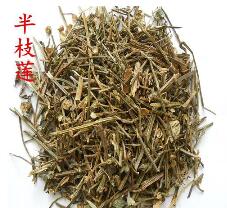Free&News

Can Ancient Herbs Treat Cancer? 1
The Chinese herb Banzhilian (Herba Scutellariae Barbatae) may not be in everyone’s lexicon, but to the 80 women with stage IV metastatic breast cancer, who are participating in the second phase of the BZL101 clinical trials, it represents hope and life.
For Bionovo, the drug discovery and development company in Emeryville, Calif., that’s behind BZL101, there’s hope too. The trial is the first FDA-validated clinical study of a potential cancer drug derived from a Chinese medicinal herb, says Dr. Mary Tagliaferri, a co-founder of the company, former practicing acupuncturist and a breast-cancer survivor.
“Sixty-two percent of chemotherapy drugs come from natural products, and plants have been the basis of almost every new class of medication,” she says. “It makes sense that these plants can act as a anticancer agents.”
Tagliaferri’s interest in Banzhilian, which has traditionally been used to treat swellings, sores and fever, was sparked in 1996 by a fellow acupuncturist, Isaac Cohen, who would later become a co-founder of Bionovo. At that time, Cohen had been treating, for a decade, women who were battling breast cancer with conventional medicines and had run out of treatment options. “in their exhaustion and desperation, they were trying to find an alternative treatment that was not so harsh,” say Cohen, who often prescribed herbs to be prepared as teas to ease the side effects of chemo and hormone therapy. But the patients’ oncologists, says Cohen, discouraged them from trying anything new. “They ‘d say Chinese medicine was quackery and that there was no evidence it worked,” he says. Still, Cohen observed that may of the women to whom he gave Chinese herbs, including Banzhilian, responded well to the herbs and even experienced a relatively good quality of life. “At first 1 chucked it to luck,” he says. “But then you see it’s not just luck. And then you ponder why.”

International acupuncture education






